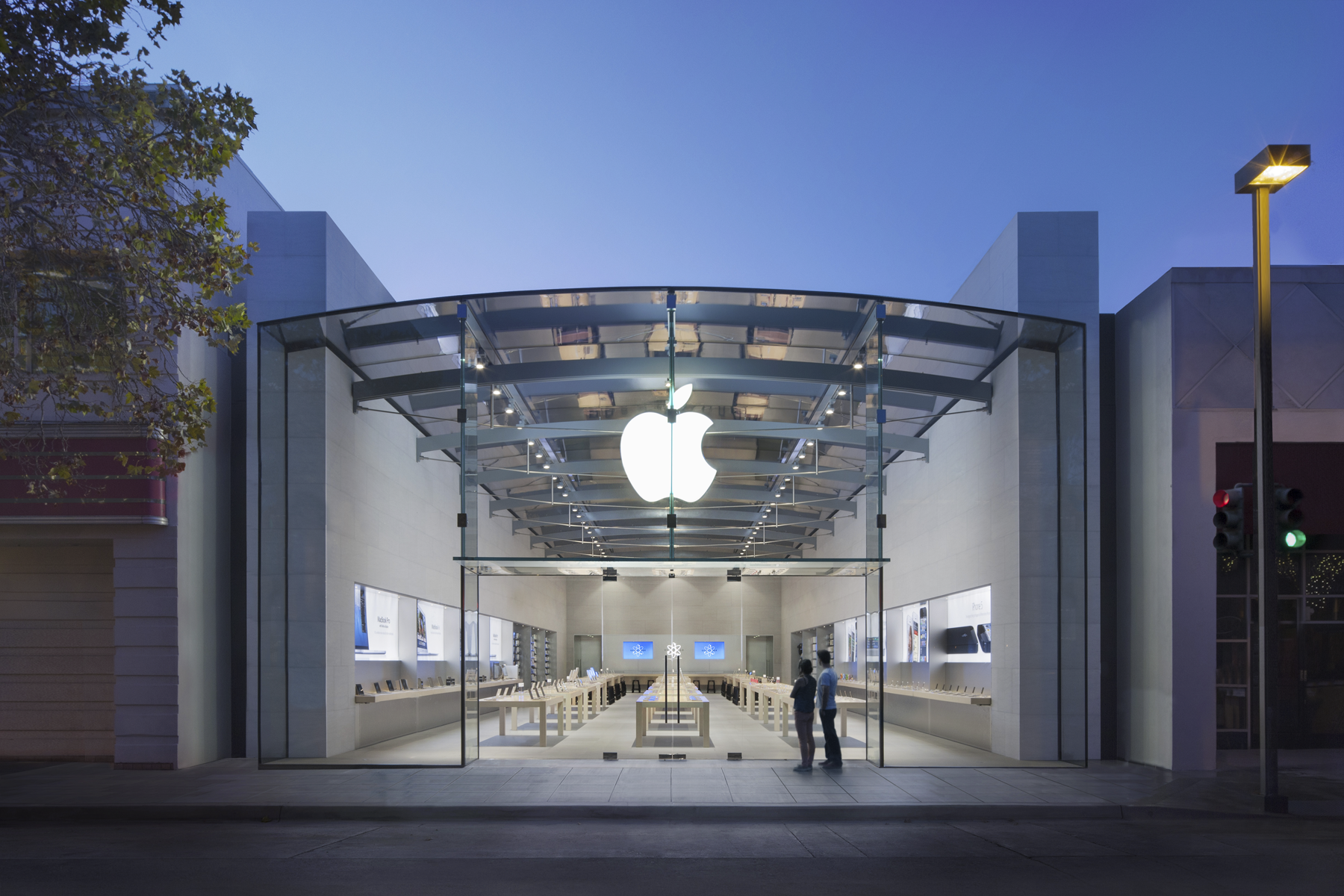Rumors of Apple using Intel have finally been confirmed; a Bloomberg report today stated that Apple Inc.’s next generation of iPhone will be using modems from the chipmaker. The move is intended as part of Apple’s plans to diversify their supplier base.
Tying in with this move is the fact that Google recently gave a chunk of its IT infrastructure responsibilities to Google – about $400 to $600 million worth, according to reliable reports.
The Intel deal will rollout to devices on AT&T networks in the United States, as well as some versions of the iPhone in certain overseas markets. Qualcomm will continue to provide the hardware for iPhones sold on the Verizon Wireless networks in the domestic market. Qualcomm is currently the sole provider of communications tech for Apple’s devices, and this diversification could mean that the Cupertino corporation now has an edge on pricing negotiations.
Similar to the core processor agreement, Apple’s spend on the Google Cloud Platform as an outsource option for iCloud and iTunes data underlines the company’s commitment to diversifying its supplier and vendor base.
The confirmation of moving part of its processor needs to Intel is not yet official from either Apple or Intel, but during Qualcomm’s most recent earnings call in April, their CEO Steven Mollenkopf did mention that some of their larger customers may second-source some chips. Obviously, they don’t have a bigger customer than Apple, and it was relatively easy for reporters to put two and two together and dig out sources that would validate this assumption.
Assuming Bloomberg’s report is accurate, speculation is mere inches away from becoming truth. From Apple’s perspective, this decision is not likely to have any impact on their own forward plans, but for Intel, it’s a windfall. The chipmaker has been hammered by the media recently, and it is understandable. With PC sales on the decline and the whole mobile endeavor ending in disaster after billions spent in R&D, this is exactly the lifeline that Intel desperately needs right now.



